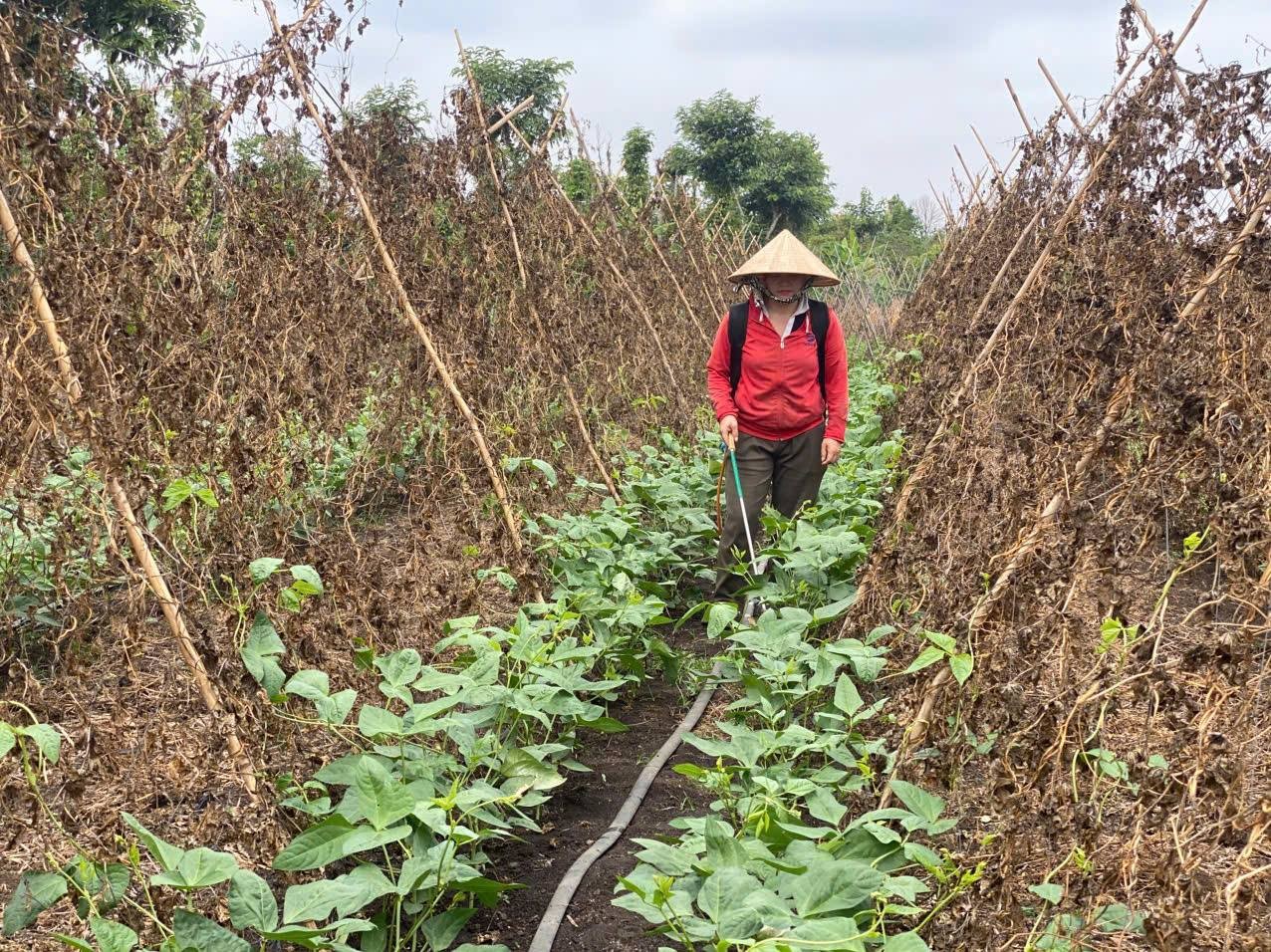Vietnam-Netherlands: Mekong Delta Business Forum
Finding Solutions For Green Agriculture, Water Resource Management
“The Vietnam-Netherlands: Mekong Delta Business Forum 2024” was organized in Ho Chi Minh City by the Embassy of the Netherlands in Vietnam, and the European country’s Consulate General in HCM City, VNA reported.
The forum is an activity within the framework of the visit to Vietnam of the 140-member Dutch Business Delegation led by Dutch Minister of Agriculture, Nature and Food Quality Christianne van der Wal-Zeggelink, and Mark Harbes, Dutch Minister of Infrastructure and Water Management.
Both Vietnam and the Netherlands have similar natural environments and have been hard hit by climate change, with Vietnam’s Mekong Delta region experiencing land erosion, saline intrusion, and sand depletion, and 25% of the Netherlands’ areas below sea level.
The Netherlands, who found out the nature-based development models, has run a lot of projects in Vietnam, helping the country handle challenges in food security, water resources security, natural disasters risks, and greenhouse gas emissions reduction.
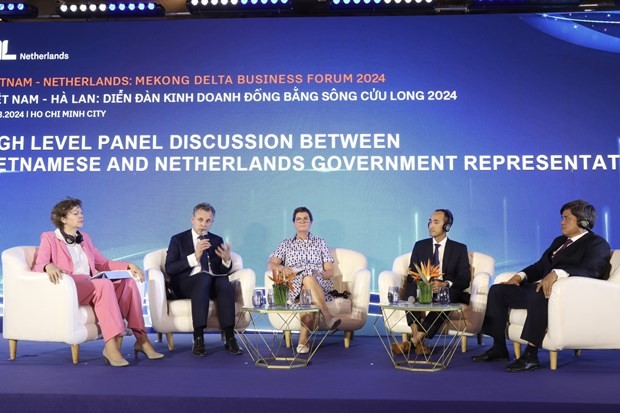 |
| A panel discussion at the forum. Photo: VNA |
Vietnamese Deputy Minister of Agriculture and Rural Development Tran Thanh Nam said the Mekong Delta is a key agricultural production hub of Vietnam, providing 56% of rice output, 70% of aquatic products, and 64% of fruits for the domestic market and exports.
However, limited transport infrastructure remains a bottleneck in regional development, along with climate change impacts, saltwater intrusion, and erosion, although the Government and localities have taken a string of countermeasures, the official noted.
He also briefed the participants on the development plan for the Mekong Delta for the 2021-2030 period with a vision towards 2050, which targets green, nature-based agricultural transformation, and the enhancement of transport and logistics connectivity with HCM City and the southern key economic zone.
To that end, the region needs huge resources in terms of science, technology, and finance, he said, stressing the importance of international cooperation and investment, including that from the Netherlands, in this regard.
Dutch Minister of Infrastructure and Water Management Mark Harbers pointed to both opportunities and challenges to agriculture in Vietnam and its Mekong Delta region and affirmed that the Netherlands stands ready to share its experience and cooperate with Vietnam in delta planning, with solutions that harmonize economic growth and nature conservation.
Dutch Minister of Agriculture, Nature, and Food Quality Christianne van der Wal-Zeggelink said agricultural development programs in special regions like the Mekong Delta need the engagement of different sides.
Agricultural production in the context of climate change requires crop varieties with high tolerance to soil salinity, she suggested, adding that pesticides should be replaced by natural enemies to ensure product quality and protect the environment.
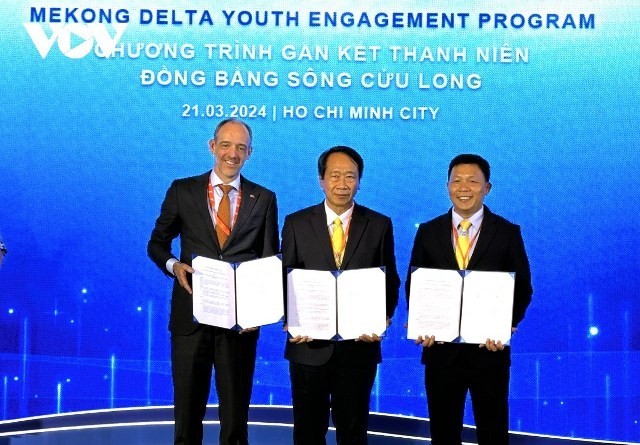 |
| 18 cooperation agreements between Vietnam and the Netherlands were signed at the business forum. Photo: VOV |
Within the framework of the working trip to HCM City by the Dutch business delegation, enterprises and organizations of the Netherlands and the Mekong Delta signed 18 memoranda of understanding and cooperation agreements in many fields, from aquaculture and sustainable rice cultivation to water treatment technology, and climate change response.
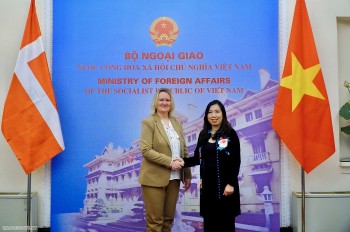 | Green Strategic Partnership: New Momentum of Vietnam - Denmark Relationship The Danish government values its cooperative relationship with Vietnam and aims to strengthen it by expanding the partnership in all fields, laying a solid platform ... |
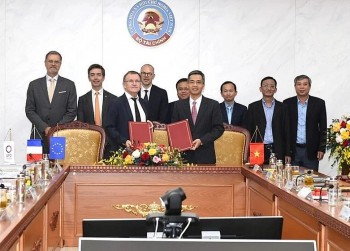 | Two Green Projects in Vietnam's Provinces Funded by France The French Development Agency (AFD) funded USD 80 million for green projects in Quang Nam and Quang Tri provinces. |
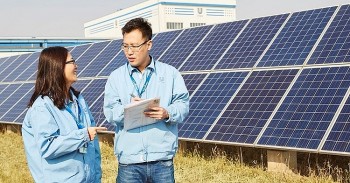 | Vietnam Has Great Potential for Green Transformation, Says Experts Addressing bottlenecks in infrastructure, policy, and the workforce is key for Vietnam to build a sustainable future and diverse economic benefits. |

